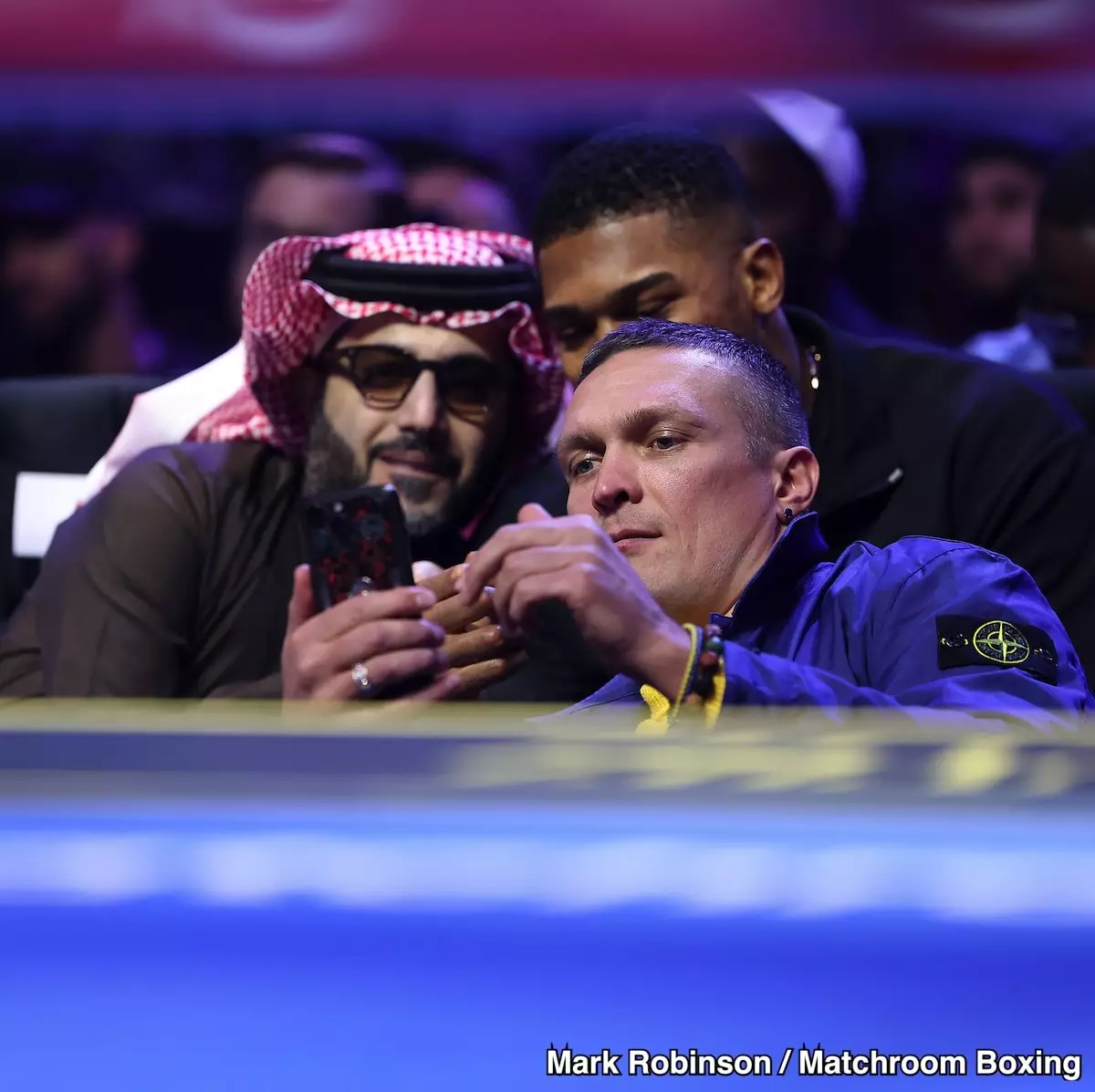The recent declaration by Turki Alalshikh about orchestrating a trilogy fight between Tyson Fury and Oleksandr Usyk during Riyadh Season 2026 raises more questions than it answers. His confident claim that Fury has promised to return from retirement might sound exciting to some but reeks of manipulation and misdirection. Promoters and organizers often use rhetorical flourishes to generate buzz, yet deep critical analysis reveals that such promises can often be more hype than reality. No matter how much Alalshikh emphasizes his “conversation” with Fury and his assurance of “his word,” words in boxing, especially when spoken by allegedly retired fighters, can be as fragile as tissue paper.
Fury’s comments earlier about wanting a “fair fight” with Usyk were already contentious, showing his dissatisfaction with the outcome of their second bout. His dissatisfaction seems rooted more in frustration than in genuine sporting integrity. Fury’s claim that he watched the rematch 250 times and perceives himself as the clear winner smacks of a fighter clutching at straws. Such statements often serve to heighten anticipation without reflecting genuine sporting purpose. By aligning himself with a potential trilogy, Fury seems more motivated by the promise of a lucrative payday and a comeback narrative rather than any sincere desire to settle disputes in the ring.
The Reality of Usyk’s Superior Skill and Why a Trilogy Might Be Redundant
Critics and boxing purists are skeptical about the legitimacy of a third fight, primarily because the previous results leave little room for debate. Oleksandr Usyk’s victory over Fury was decisive, both technically and physically. Watching their second encounter made it painfully apparent that, at least at this stage, Usyk’s boxing IQ, agility, and technical mastery outclass Fury’s style. The unanimous decision scores—116-112 across the board—are not just numbers but indicators of a clear and justified win.
It’s crucial to understand that rematches should exist for meaningful reasons—controversies, unexpected turnarounds, or compelling narrative arcs. None of these factors currently apply. Fury’s candid critique of his own performance—calling himself “slow” and “blubbery”—only underscores his awareness of his physical decline and vulnerabilities. If anything, it should be a wake-up call for fans and promoters alike that forcing a third fight simply to generate revenue diminishes the sport’s integrity. Usyk has demonstrated he is a more complete boxer, and any additional contests would likely only highlight the stark athletic gaps.
Promotion, Hype, and the Future of Boxing Controversies
The purported plans for a Fury-Usyk trilogy reveal the darker side of modern boxing—a landscape increasingly driven by spectacle and sensationalism rather than true competition. Promoters like Alalshikh seem eager to capitalize on fleeting rivalries and public interest, regardless of the sport’s progression or fighters’ legacies. The phrase “we have a rabbit to hunt” might be catchy, but it also symbolizes a sport driven more by illusion and entertainment rather than legitimacy.
Undeniably, the allure of a high-profile trilogy can inflate interest temporarily, but it risks devaluing the achievements of fighters like Usyk and Fury. Instead of celebrating genuine athleticism and skill, fans are pushed toward events that might be little more than contractual theaters designed to maximize profits. The boxing community should question whether such staged rivalries serve the sport’s best interest or merely perpetuate a cycle of hype and disillusionment. In the end, boxing deserves fighters who truly earn their titles, and fans deserve matches that reflect real competition, not manipulated narratives.

